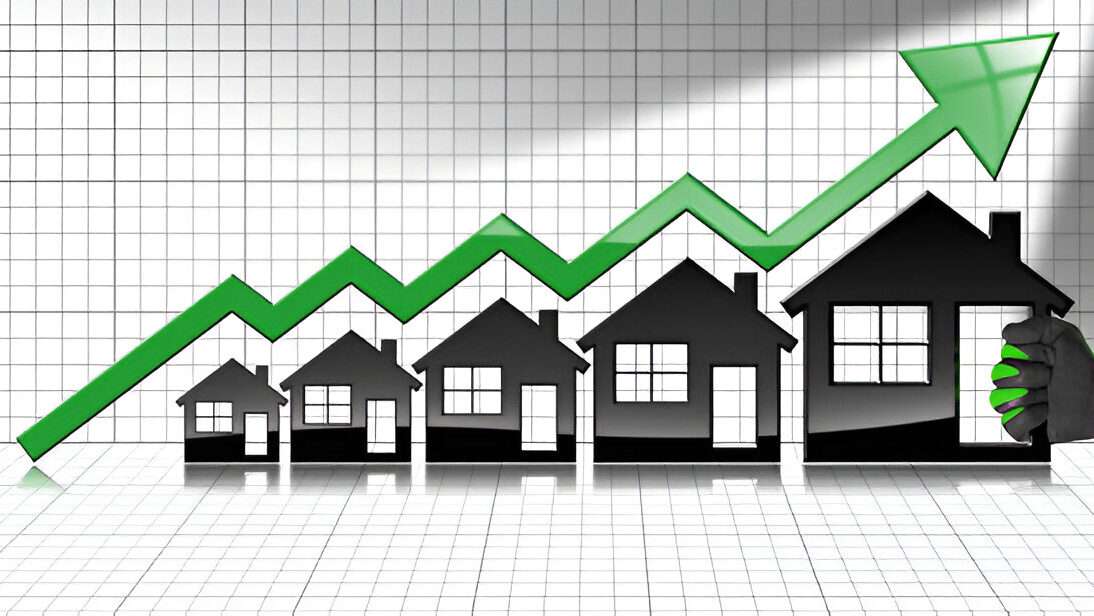Introduction
- Overview of HELOC and Home Equity Loans
- Importance of understanding the differences in 2025

What is a HELOC?
- Definition of Home Equity Line of Credit (HELOC)
- How does HELOC work?
- Key Features and Benefits
What is a home equity loan?
- Definition of Home Equity Loan
- How do home equity loans work?
- Key Features and Benefits
Comparing HELOC and Home Equity Loans
Interest Rates
- Variable versus fixed rates
- Interest rate trends till 2025
Repayment Terms
- Flexibility vs. Fixed Schedules
- Impact on monthly budgeting.
Accessibility
- Application processing and approval
- Borrowing Limits in 2025
Pros and Cons
- Pros of HELOC
- Flexibility in borrowing
- Lower initial interest rates
- Cons of HELOC
- Risk of rising interest rates
- Potential for overspending
- Pros of Home Equity Loans
- Predictable payments
- Suitable for large, one-time expenses
- Cons of Home Equity Loans
- Higher initial rates
- Less flexibility
2025 Market Trends
- Housing Market Predictions.
- Home valuations and the effect on equity
- The role of inflation
- Economic Indicators
- Interest Rate Predictions for 2025
- Employment trends and borrower confidence
Which Option Is Better in Different Situations?
- Best for Home Renovations.
- Ideal for Debt Consolidation.
- Best for emergency expenses.
A Comprehensive Table
Compare the features of a HELOC vs a home equity loan side by side.
How do I make a decision?
- Key questions to ask yourself
- Consulting financial experts

In 2025, managing the world of home financing will be critical for homeowners trying to harness their house’s equity. Two common choices are the Home Equity Line of Credit (HELOC) and the Home Equity Loan. But how do you select the appropriate one? Let us break it down.
What is a HELOC?
A Home Equity Line of Credit (HELOC) is similar to a credit card, but it is secured by the equity in your home. It offers a revolving line of credit, allowing you to borrow funds as needed, making it suitable for ongoing expenses. Here are the key features:
– **Flexible Borrowing**: You can borrow only the amount you need when you need it.
– **Variable Interest Rates**: Interest rates may fluctuate over time and often start lower than those of fixed-rate loans.
– **Draw Period**: Typically lasts between 5 to 10 years, during which you can access the borrowed funds.
HELOCs are ideal for projects with unpredictable costs, such as home renovations.

What is a home equity loan?
A property Equity Loan is a lump-sum loan that allows you to borrow a specific amount against the equity in your property. It is commonly referred to as a second mortgage. The key features include:
- Fixed interest rates: provide predictable monthly payments during the loan duration.
- One-time funding: is ideal for major, one-time needs like debt consolidation or education finance.
This option is suitable for those who value consistency and have a certain financial objective in mind.
Comparing HELOC and Home Equity Loan
Interest Rates
HELOCs often have variable rates that start low but may rise over time. In contrast, Home Equity Loans have fixed interest rates, ensuring regular payments. Economic estimates for 2025 indicate that interest rates may climb, making fixed-rate loans appealing to risk-averse consumers.
Repayment Terms
HELOCs provide flexibility through interest-only payments during the draw period, whereas Home Equity Loans have a set payback plan. This difference can have a major influence on your monthly budget.
Accessibility
Both methods demand a high credit score and enough home equity. However, HELOCs typically have a faster approval process, but Home Equity Loans may have higher borrowing restrictions.
Pros and Cons
Pros of HELOC
- Borrow as needed, reducing unnecessary debt.
- Lower initial rates compared to fixed loans.
Cons of HELOC
- Rates may rise abruptly.
- The temptation to overspend stems from easy access to finances.
Pros of Home Equity Loans
- Fixed payments make budgeting easier.
- Suitable for large, one-time expenses.
Cons of Home Equity Loans
- Fixed payments make budgeting easier.
- Suitable for large, one-time expenses.
2025 Market Trends

Housing Market Predictions
Home values are projected to stabilize following years of fluctuation, influencing the amount of equity that homeowners can borrow. Inflation patterns will also affect borrowing costs.
Economic Indicators
Interest rates are expected to rise moderately in 2025, prompting borrowers to lock in fixed rates. Employment stability will enhance consumer confidence and influence borrowing decisions.
Which Option is Better for Different Situations?
Best for Home Renovations
A HELOC is appropriate for long-term renovations with unknown costs.
Best for Debt Consolidation
A Home Equity Loan provides a flat sum to repay high-interest obligations, simplifying payments.
Best for Emergency Expenses
A HELOC provides quick access to funds for unforeseen emergencies.
Comparison Table
| Feature | HELOC | Home Equity Loan |
|---|---|---|
| Interest Rates | Variable | Fixed |
| Borrowing Flexibility | High | Low |
| Repayment Terms | Flexible during draw period | Fixed |
| Suitable For | Ongoing or unpredictable expenses | One-time, large expenses |
| Approval Time | Faster | Slower |

How to Decide?
Ask yourself the following questions:
- Do I need funding for a one-time or continuing expense?
- Am I okay with changing interest rates?
- How does my financial condition fit with the payback terms?
A financial counselor can provide specialized insights based on your specific needs.
Conclusion
In 2025, the decision between a HELOC and a Home Equity Loan is based on your financial goals, risk tolerance, and expenses. Home Equity Loans provide stability, whereas HELOCs offer flexibility. Make an informed decision by thoroughly assessing your needs.
FAQs
What’s the major distinction between HELOCs and Home Equity Loans?
HELOCs offer a revolving line of credit with variable rates, while Home Equity Loans provide a lump sum with fixed rates.
Are HELOC interest rates predicted to increase in 2025?
Yes, economic estimates predict an increase in variable interest rates.
Can I transfer from a HELOC to a Home Equity Loan?
Yes, refinancing possibilities are available, but they are contingent on your lender and financial circumstances.
How does my credit score affect my eligibility for these options?
A higher credit score increases your chances of approval and may result in better interest rates.
Is there a tax benefit for either option in 2025?
Interest may be tax-deductible if spent for home upgrades, but consult a tax advisor for details.



